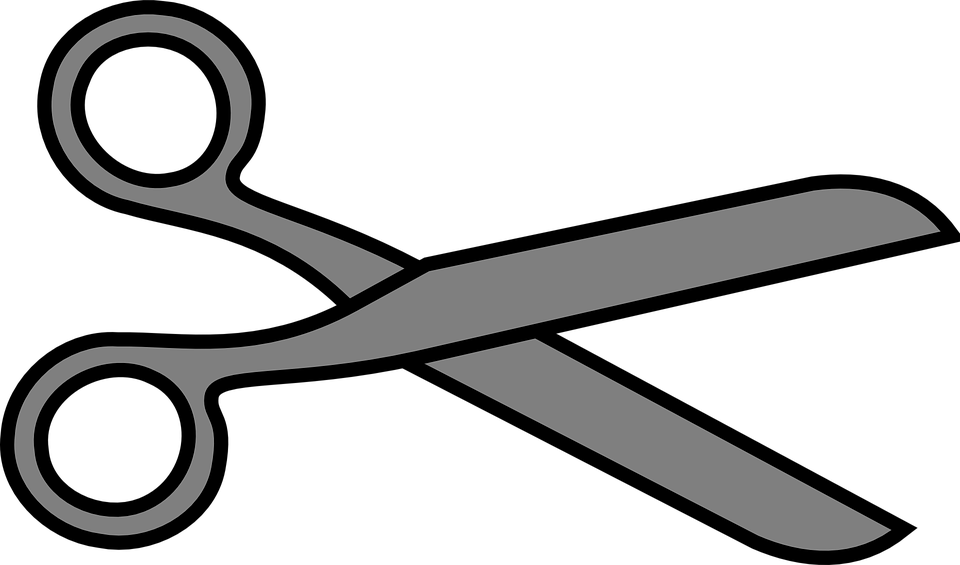To lose body fat you need to be in a negative energy balance,
meaning you’re expending more energy than you’re taking in.
Assuming you are currently doing some form of exercise,
the easiest way to do this will be to reduce your calorie intake below your maintenance level (calorie deficit).
But let’s be honest, that sucks!
Click here to find out everything you need to know about nutrition
Try using some of the tips below to make the calorie reduction process a little easier.
#1 Stop Drinking Your Calories
Sounds simple right, well that includes the sugars in your coffee or tea, fruit juices, soft drinks (diet soft drinks are fine in moderation), alcohol especially, the milk in your protein shake… the list goes on.
You would be mega surprised at how many calories you are drinking,
this alone could reduce your calorie intake enough to put you in a calorie deficit
and burning fat in no time.
#2 Drink Plenty Of Water Before Meals
Stop going into meals with an empty stomach, this is a recipe for disaster.
Try drinking a couple of glasses of water before each meal
to help you feel fuller sooner rather than later.
#3 Skip Breakfast
Yep, that’s right, skip breakfast.
“But isn’t breakfast the most important meal of the day?”
No, it’s not.
What’s important is that you consistently stick to your calorie goal,
and in this case, that means a calorie deficit.
The benefits of skipping breakfast are nothing more than allowing you to eat more later in the day.
If you wake up early and don’t quite feel hungry yet, then don’t eat.
Save those calories from breakfast and use them up later in the day.
Don’t get in the habit of eating when you aren’t even hungry.
By eating your first meal later in the day and saving your calories,
you’ll be much less likely to go over your daily calorie goal due to feeling hungry at night.
#4 Cut The Fat
Does fat make you fat? No, but too much fat does.
Protein and Carbohydrates both contain 4 calories per gram,
whereas fat contains 9 calories per gram.
So let’s just assume your fat intake is quite high,
chances are your calories will be high also.
In my experience with fats, I’ve found that I feel nowhere near as full
by eating high fat foods compared to something that’s a little higher in carbs or protein
(especially if it’s a complex carbohydrate).
In saying that I do recommend sticking with at least 1g of fat per kg of bodyweight,
unless you are a severely overweight, which in that case try going with 0.75g per kg of bodyweight.
Reduce your current fat intake,
I can almost guarantee it wont make you any hungrier,
plus you will have just removed a large chunk of calories without really affecting your energy levels.
#5 Track Your Calorie Intake
If you aren’t tracking (or at least loosely tracking) your calories
and macronutrients, chances are you have no idea how many calorie you’re eating.
The most accurate way to measure progress when it comes to
consistency with your nutrition is to track what you eat.
Not only will you now have a 100% understanding of how much you are eating,
but you’ll also grow an understanding of what’s in certain foods
that you might be used to eating.
Example: A specific food that you love, may be full of fats and carbs,
not ideal when it comes to eating in a calorie deficit.
Side note: Condiments can often be the silent assassin,
be careful of how many calories are in the sauces and dressings
you are using on your food and deserts etc.
Follow these 5 tips above, and you’ll be eating in a calorie deficit with ease in absolutely no time.
If you found this post helpful, I’d love for you to share it with your friends on social media.

